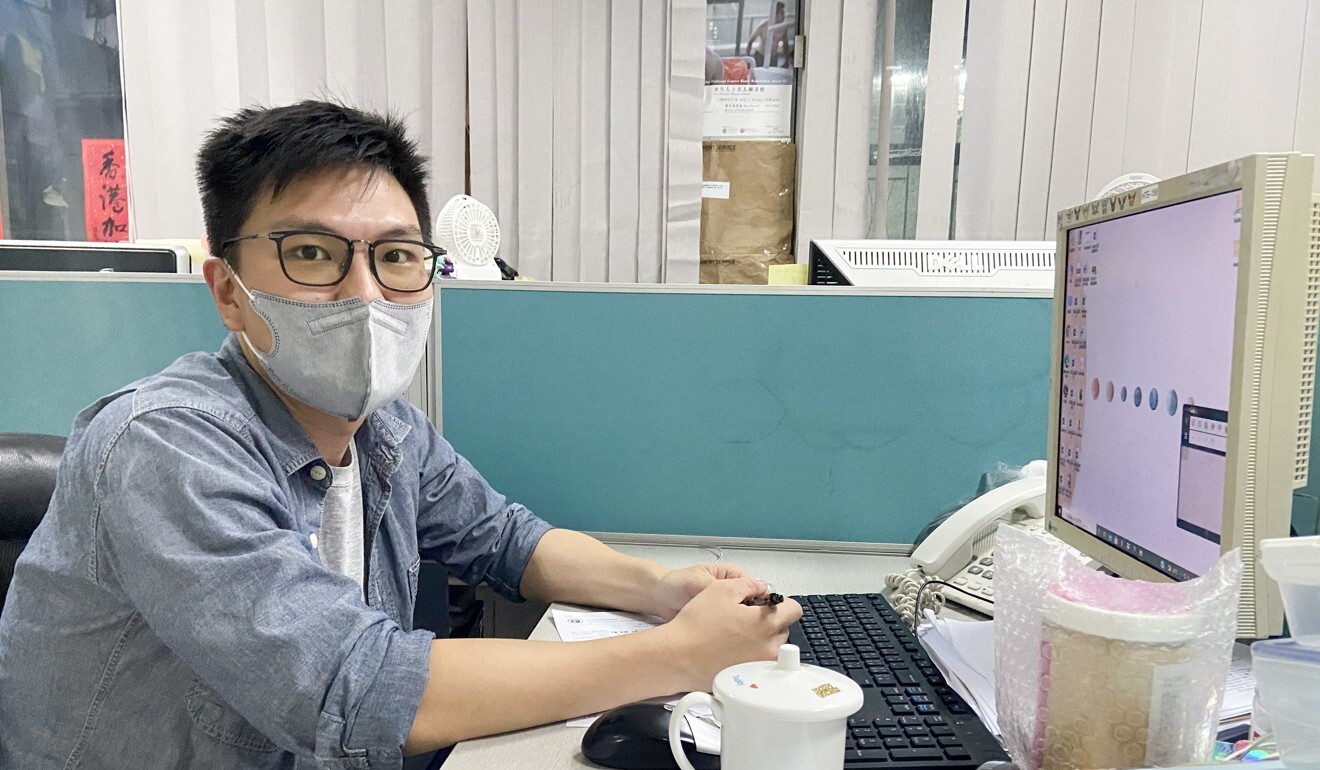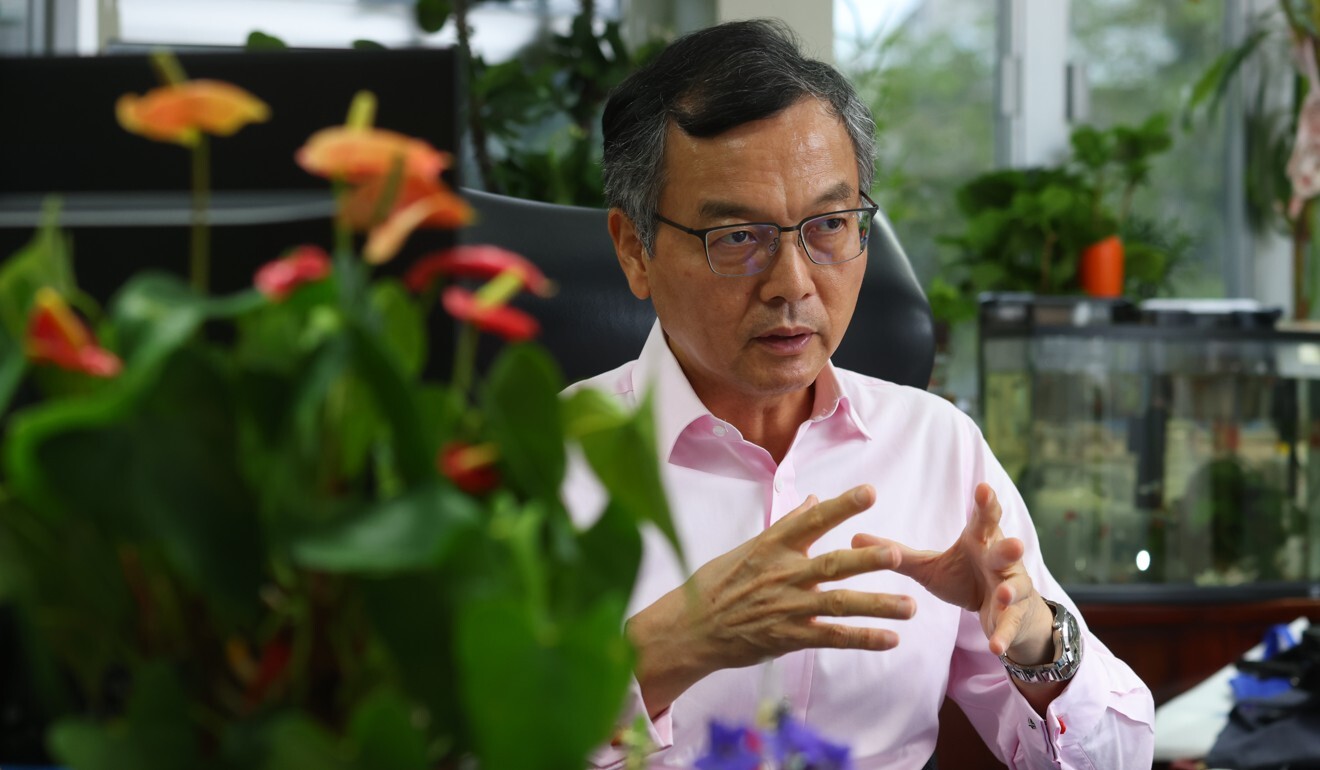
Hong Kong elderly will have better health care if medical, social services ‘stop working in silos’
- Sharing medical records an important step in overhauling city’s primary health care system
- Ongoing review to suggest more health-related services at community care centres for elderly
Each time social worker Ivan Lin Wai-kiu has a new elderly client, it can take as much as an hour for him to understand the person’s health issues.
“Sometimes they bring more than a dozen medical appointment slips and I have to ask why they are seeing a certain specialist, and what medications they are taking,” Lin said. “Even then, they might not be able to tell me clearly all their health conditions.”
To grasp their health situation thoroughly, he had to go with them to their medical appointments and speak directly to their doctors.
It would be much easier to work out the needs of new clients if he had access to their electronic medical records, he said.
Lin, who specialises in elderly health issues at the Society for Community Organisation, gets two or three new clients each week, in addition to about 80 to 100 existing cases who need medical assistance.
Like Elderly Commission chief Dr Lam Ching-choi, he said vulnerable groups in Hong Kong would receive better care if the city’s medical and social welfare systems stopped operating within silos.

Both said sharing medical records would be a step towards overhauling the city’s primary health care system and delivering appropriate care to patients at their first point of contact with community health services.
The government has signalled its intention to do more on this front. Chief Executive Carrie Lam Cheng Yuet-ngor mentioned in her policy address last month that there was a “pressing need to vigorously promote the development of primary health care services and foster medical-social collaboration”.
Housing Society designs adaptable flats for Hong Kong’s ageing population
Closer collaboration between the two sectors is part of an ongoing review of primary health care services and there will be a consultation on the blueprint to be released.
Commission chairman Lam, who is a member of the Executive Council, the city leader’s de facto cabinet, said the current segregated systems resulted in low efficiency in the provision of care.
He cited the example of community nurses from NGOs who provide home services to some patients after their discharge from hospital.

These nurses were able to check the electronic health records for details on a patient’s diagnosis and treatment, but could not update the system and this was a waste of information, Lam said.
“They collect lots of health care data each day, but are not able to keep their counterparts in the Hospital Authority updated on what has happened to the patients during the three or four months between appointments,” he said.
He suggested merging the two government bureaus now running health and social welfare separately. Before 2007, the two portfolios were managed under one department, last known as the Health, Welfare and Food Bureau.
“If we don’t talk about collaboration, people will just focus on their own work and more overlapping will happen,” he said.
Charities help elderly left in Hong Kong by children who emigrate
Lam revealed that officials are considering introducing more health-related services for seniors at the city’s network of more than 200 district elderly community centres and neighbourhood elderly centres run by NGOs with government funding.
“These centres have been more focused on social activities. Our review hopes to transform them and make them more health-related,” Lam said. “They can be more proactive in working with district health centres to screen the elderly for chronic diseases such as hypertension, fall risks, osteoporosis and dementia, for example.”
The change at the elderly centres might mean that social workers needed to brush up on their health knowledge, he added.
Social worker Lin said the government required the elderly community centres to earmark 20 to 30 per cent of services for health, but these were usually offered as individual programmes within a specific period.
“The services are fragmented, so how effective can they be?” he asked.
Retiree Lee Woon-hong, 74, looked forward to more health services, saying there were not enough at the elderly community centre he visited regularly in Sham Shui Po.
The centre, with about 400 members, ran classes on stretching, talks on healthy diet and blood sugar testing services, mostly limited to 10 to 40 participants per session.
“I often can’t sign up,” Lee said.

